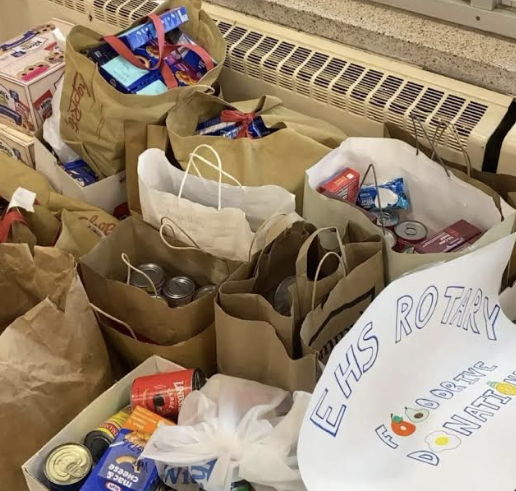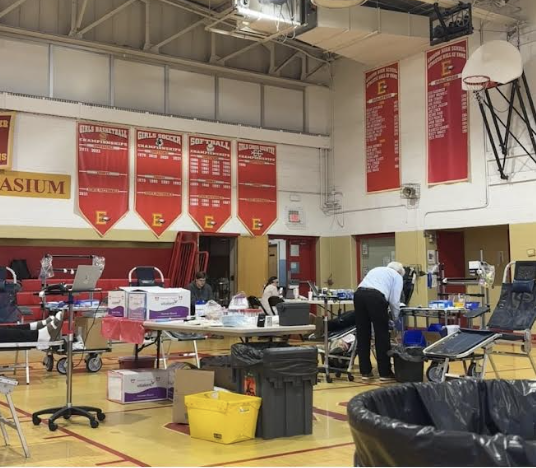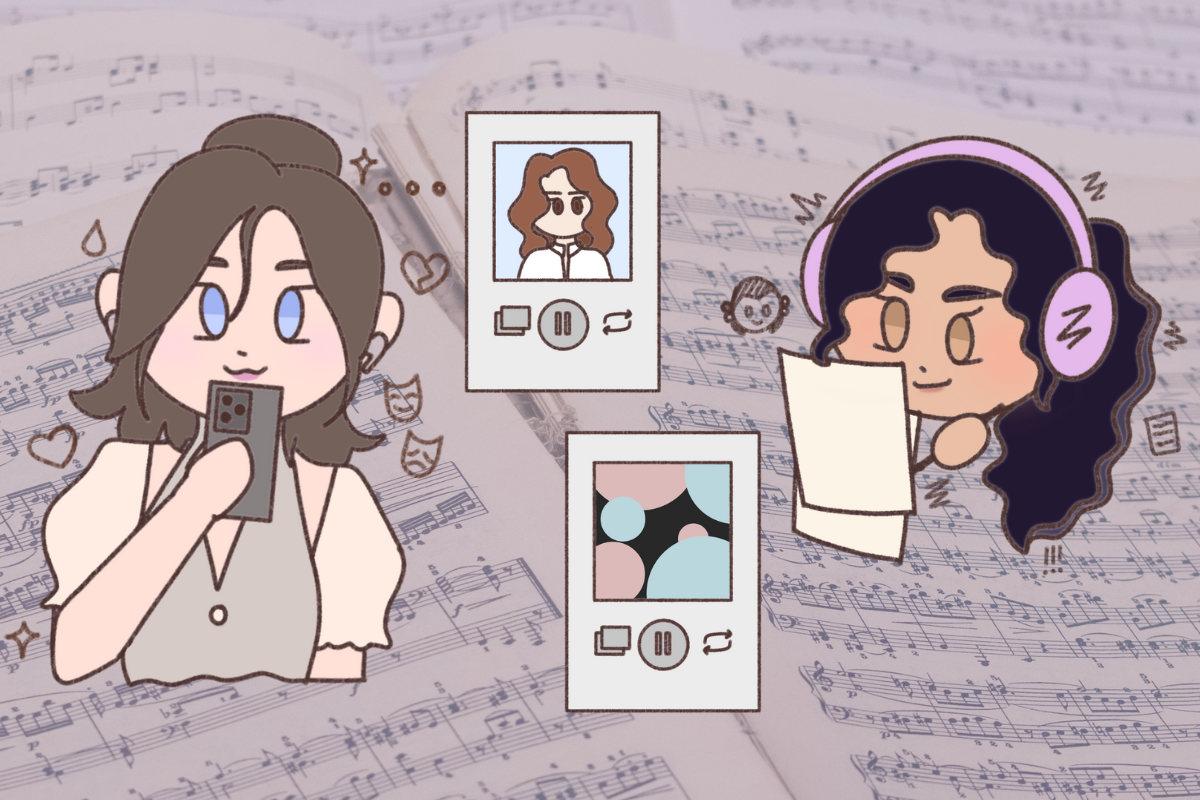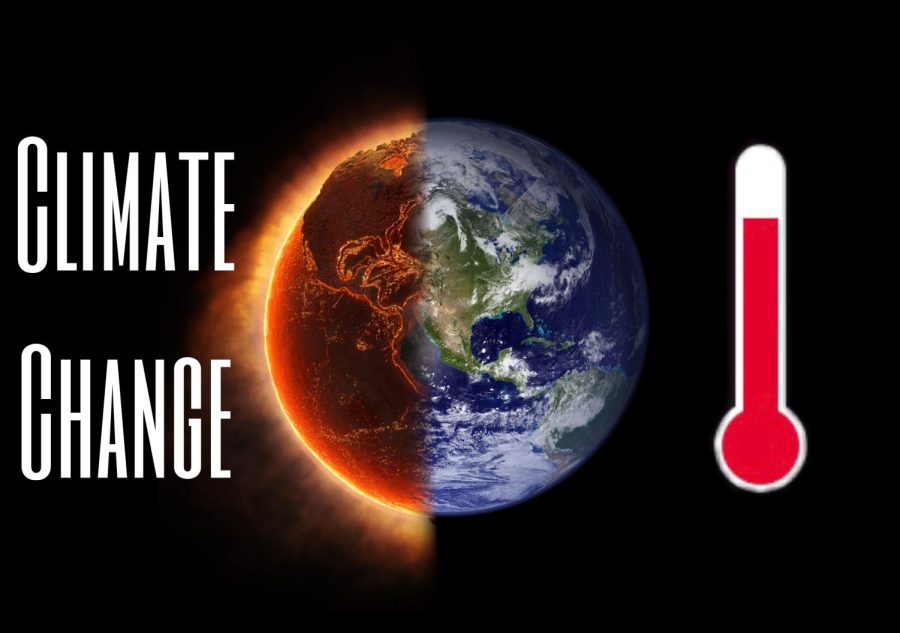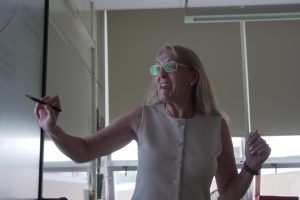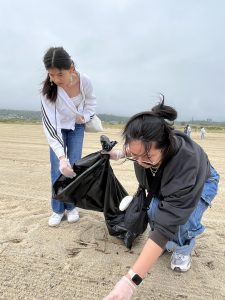Let’s Have a Conversation: Climate Change
February 23, 2023
At the holiday dinner table conversations with family range from the monotonous talk of pop culture to salient discussions of policies. Politics are an unavoidable topic at holiday dinners, so why is climate change brushed aside so habitually?
Climate change often is overshadowed by meaningless topics such as TikTok challenges or trendy influencers as people fail to see the imminent dangers of climate change in their daily lives.
Many people misunderstand what climate change is and the negative effects that climate change has on our daily lives. Logan Gamboa ‘26 defined climate change as: “The change of the weather, it is a natural occurrence that happens over time.” Although this answer might satisfy the general public, climate change is specifically the drastic shifts in weather and temperature patterns, which will soon be irreversible. Moreover, the predominant, disastrous, climate change effects we see on Earth are not natural but man-made.
While other inconsequential topics like Kim Kardashian’s newest scandal are discussed on television programs and get the majority of air time, climate change is disregarded in a forgettable, lackluster, and egregiously brief one-minute segment. This convolutes the overall understanding of climate change’s impact on our planet. Then the new question posed: If climate change can not be discussed thoughtfully, how could the dangers be important in our everyday lives?
Stating that climate change has only become a point of discussion over the last twenty years would be reductive. Professionals in the field have been discussing climate change for years, but action on a personal level is pertinent. Opening up the conversation in everyday life will put climate consciousness at the forefront of people’s minds. Once people become more conscious of climate change’s direct effects, the movement on the grassroots level will enlarge. We are seeing the cumulative repercussions of the climate crisis and they’ve become so detrimental we can not look away from the ongoing fire. Literally.
However, we are not doomed. People are trying to act, but in the cultural consciousness, climate change has been framed in a way where everyday people cannot take action unless there are measures from policymakers. In actuality, the work starts with us including education about climate change more than once a year on Earth Day.
When was the last time that climate change was brought up in a classroom environment? For most, the last time a unit was taught was in elementary school. Otherwise, in school climate change is frequently regarded as a trivial essay topic you write clinically about once a year, rather than a point of discussion that schools should be integrating into nearly every biology topic.
Undeniably, climate change has been a topic that many brush off their shoulders, claiming that climate change is a problem for just another day. For our Earth, there is no more tomorrow. According to the Wisconsin Department of Natural Resources by 2050, there will be irreversible damage done to our atmosphere. We can act so why wait? Let’s start talking now.




